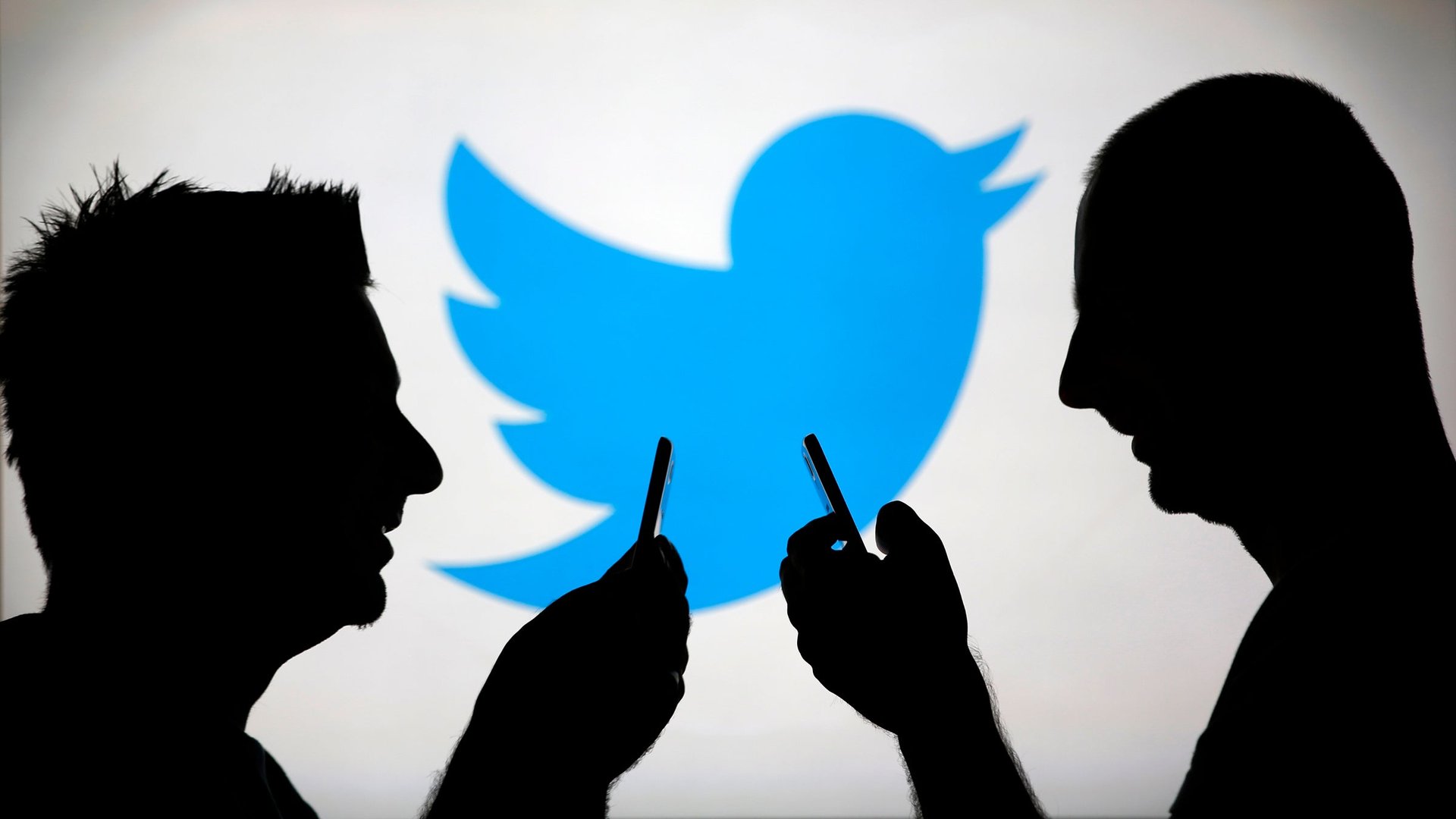People who wrote the law allowing secret IPOs say it wasn’t made for Twitter
Twitter was able to confidentially file for an IPO because it qualifies as an “emerging growth company” under rules enacted last year. But even people who wrote the new law don’t understand why Twitter is taking advantage of it.


Twitter was able to confidentially file for an IPO because it qualifies as an “emerging growth company” under rules enacted last year. But even people who wrote the new law don’t understand why Twitter is taking advantage of it.
The filing came under the JOBS act, which loosened regulations in an effort to help young companies raise capital. (To qualify, a firm must have less than $1 billion in annual revenue.) The provision that allows for confidential IPO filings was intended to benefit young companies deciding whether to go public, raise more private funding, or perhaps sell themselves to a larger company.
“This is the biggest issue in entrepreneurs’ minds: my employees, my competitors, my lenders, my customers, get to know my numbers, [but] I can’t talk about them,” said Kate Mitchell, co-founder of Scale Venture Capital, who helped design and lobby for the JOBS Act. She notes that only 25% of companies that file for an IPO end up going public.
By filing in secret, the firm and its investors can test the waters for an IPO without committing to going public. If the water is cold, they can revoke the IPO without anyone knowing or ever seeing the documents that were filed. But Twitter isn’t testing the waters: It’s definitely going public, and that’s been clear for at least the past year. If Twitter thought it might back out of the IPO, it wouldn’t have disclosed last week that it had made a confidential filing.
“They know they are going public,” said a congressional aide who helped draft the JOBS Act. “I don’t see the logic in doing a confidential filling, especially given the potential for negative publicity.”
Indeed, Twitter’s disclosure last week led to tons of speculative media coverage. That seemed to rebut the idea, as James Suroweiki argued, that filing confidentially would delay a “flood of media coverage and investment punditry.”
“We didn’t expect companies would do that,” Mitchell says of Twitter’s announcement, noting that only about 10% of confidential filers publicly announce their decision. “Twitter is a more mature company than we’re trying to encourage. We hope more companies go out earlier.”
Twitter’s decision might be motivated by the feedback it received after the filing, or out of fears that the company’s employers or investors would leak the news before the company was ready.
In any event, Twitter will have to make its IPO filing public—and disclose any revisions it made on the advice of the US Securities and Exchange Commission—soon enough. That has to happen at least three weeks before Twitter starts its “road show” to market the IPO to potential large investors.
There’s something admirable in the JOBS Act’s attempts to give small companies an easier path to consider their funding options and potentially go public, sharing the benefits of their growth with a broader swath of investors without taking uneeded risk. But Twitter, with its eight rounds and $1.16 billion in fundraising, isn’t one of these companies. It just happens to qualify as one.
Update, 9/20: Mitchell wants to underscore that any company, including Twitter, can benefit from confidential filing. “IPOs have been daunting to companies just like Twitter,” she said in a follow-up e-mail after this story was published. “If confidential filings make them more comfortable to go out sooner, then the JOBS Act has met its goal.”